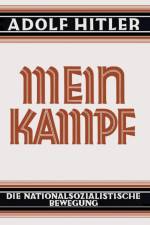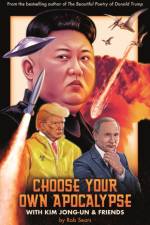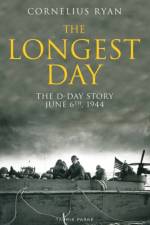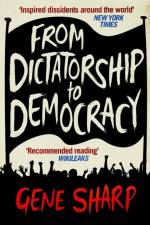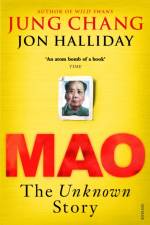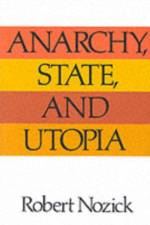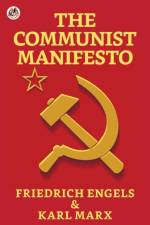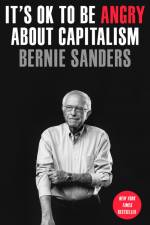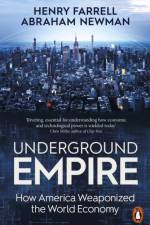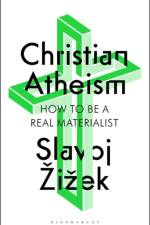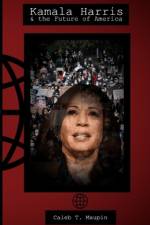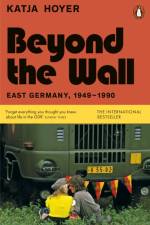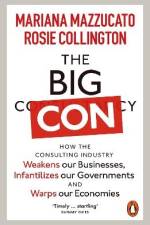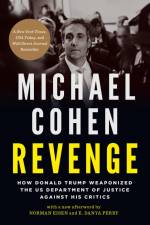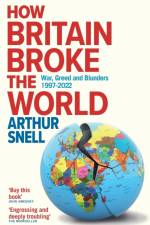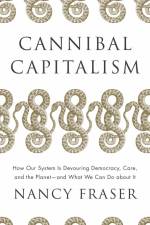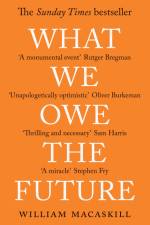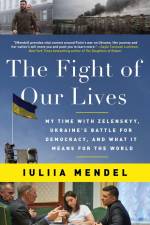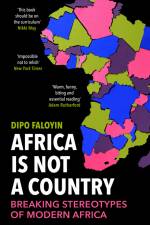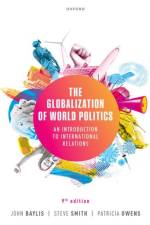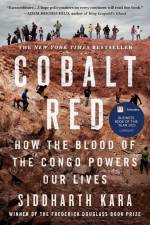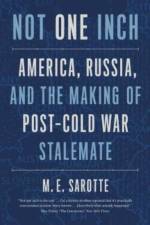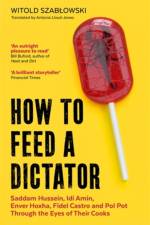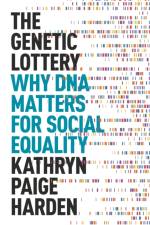av Arthur Snell
351
"e;Engrossing and frankly deeply troubling"e; - The Bookseller"e;I cannot recommend this book highly enough"e; -Monocle"e;One of the most engaging, authentic and original analyses I've read of events of the last quarter century"e; - Shakespeare & Co"e;Buy this book"e; - John SweeneyDescriptionTurmoil in the 2020s.Russia is destroying Ukraine.China threatens Taiwan and Southeast Asia.Endless war in the Middle East sends waves of migrantsand terrorists washing around the world.And the biggest nations on Earth cannot agree effectiveaction to stop the worst effects of global heating.Instead of being a global force for good, Britain has oftenfostered instability and division. In fact, the UK's careless'humanitarian' interventions, grandiosity and greed havehelped to fracture the global order built after World War II.Why is the world sodangerous now?How Britain Broke the Worldis by former senior British diplomat Arthur Snell.It critically assesses UK foreign policyover the past 25 years, from Kosovo in1998 to Afghanistan in 2021, while alsoscrutinising British policy towards thepowerhouses of the USA, Russia, India,and China.Far from being unimportant, Snellreveals, Britain has oftenplayed a pivotal role in world affairs.For instance, London supplied the falseintelligence that justified the Alliedinvasion of Iraq and plugged Russia'scorrupt elite into Western economies.Then come the bungled humanitarianinterventions in foreign states.Without the UK's marginal but key role,the author argues, it's likely that warswould not have blighted the Balkans,Iraq, and Libya, hundreds of thousandsof lives would have been saved, and theworld would be a safer place in the 2020s.Taking in Russia's full-scale invasionof Ukraine in 2022, Snell charts the keypolitical, economic and geographicfactors that drive the behaviour of themost powerful and populous countries.Like a diplomatic version of Prisoners ofGeography by Tim Marshall, How BritainBroke the World reveals the ignominiousreality of UK foreign policy and the truestate of world affairs. It is a must-read for anyone interested in Britain's role in international affairs.Review'In this engrossing and frankly deeply troubling book,former senior British diplomat Snell explains howBritain's often incompetent, inconsistent and sometimesdownright greedy foreign policy has played a pivotalrole in rendering the world a more dangerous place.'Not only in regard to Russia, where successive British governments have helped to plug Putin's oligarchy into the Western economic system, but also when it comes to the wars in Kosovo, Iraq, Libya and more'Caroline Sanderson, awarding an 'Editor's Choice' for Non-fiction, The BooksellerAbout the AuthorAfter graduating from Oxford with a firstclass degree in history, Arthur Snell joinedthe Foreign and Commonwealth Office.A fluent Arabic speaker, he served inAfghanistan, Zimbabwe, Nigeria, Yemen,and Iraq.He headed the international strand ofthe UK Government's Prevent counterterrorismprogramme.He is currently a geopolitical consultantand host of the hit podcast DoomsdayWatch.ExtractThere was a brief silence after the bomb blast. Then shouting,and nervous laughter. The Iraqi official gestured to the shatteredwindow and stammered: 'Shay 'aadi,' a 'normal thing.' We wereboth uninjured, but I learned later that several guards had diedoutside the office where we were meeting. It was 2005 and I was inBaghdad, working as a British diplomat. Car bombs were normal.As I left the building I noticed a charred hand on the ground,probably the bomber's....That day, in the bombed building,I could no longer deny to myself that the Allied powers hadunleashed a terrible whirlwind. Now, as I write in the early 2020s,the existence of Islamic State is a direct consequence of the 2003invasion. But the impact of that terrible mistake stretches farwider: from regional chaos in the Middle East, to shredding thecredibility of Western governments, to the renewed power ofautocratic countries, chiefly Russia and China.A FAILING WORLD ORDERThe unsteady rules-based international order finally collapsed on24th February 2022, when Russia launched a full-scale invasionof Ukraine. Under stress for some time, this system - internationallaw, accepted national borders, with the United Nations as globalpolice chief - had delivered peace and security for most Westerndemocracies from World War II into the 1990s. Admittedly, manycountries, particularly in the Global South, missed out on theupsides. But a world without this framework is volatile. We areliving in a period of global disorder, conflict and uncertainty.As I write in 2022, major conflicts are laying waste to the largeand geopolitically sensitive states of Ukraine, Libya and Yemen,and civil wars are raging in the large countries of Ethiopia andSyria. In addition, an arc of instability runs across the entireSahel region of Africa and widespread civil strife continuesin Myanmar, Afghanistan and Iraq. Running alongside theseflashpoints is the spectre, once more, of great power conflict.ContentsIntroduction1. An 'Ethical' Foreign Policy2. Kosovo: War in Europe3. Iraq, MI6 and a Botched Invasion4. Afghanistan: 'Government in a Box'5. Libya: Creating a Power Vacuum6. Syria: A Conflict Without End7. Russia and the London Laundromat8. China: the Golden Error of Kowtow9. Saudi Arabia, Oil and Influence10. India and the Politics of Empire11. The US and the UK 'Special' Relationship12. Brexit: Isolation in EuropeConclusionAcknowledgementsReferencesIndexBuy the book to carry on reading.

